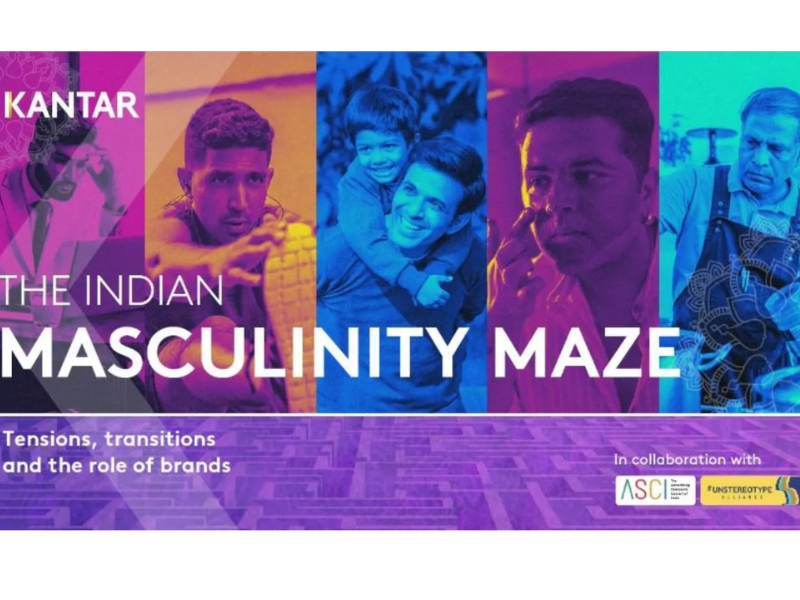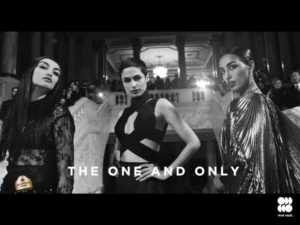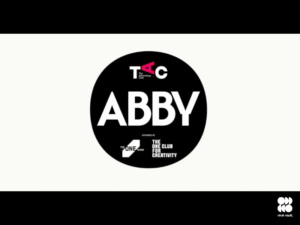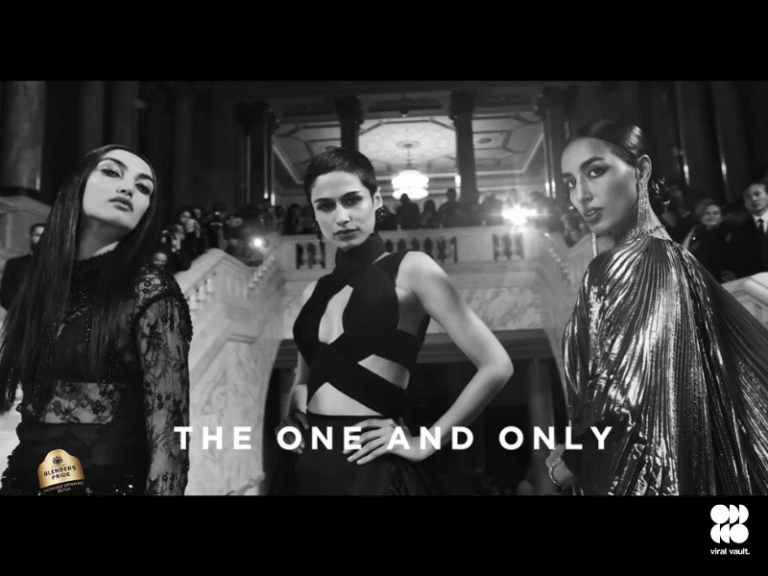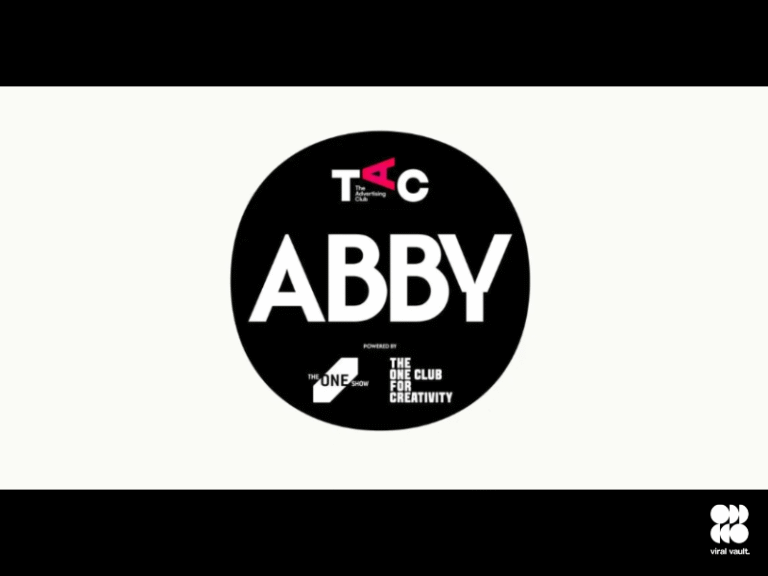A new Kantar study, in collaboration with ASCI and UN Women’s Unstereotype Alliance, reveals that Indian men-especially Gen Z-feel misrepresented in advertising. The report, The Indian Masculinity Maze, highlights the disconnect between evolving male identities and outdated portrayals in ads.
Based on a nationwide survey of 880 urban men and analysis of over 450 TV ads, the study uncovers key insights: while men are increasingly emotionally aware and open to shared responsibilities, advertising continues to reinforce traditional “stoic provider” stereotypes.
Key findings show:
- 71% of men believe “real men don’t cry,” yet many feel emotionally restricted by this.
- 41% of Millennials and 31% of Gen Z men feel negatively represented in ads.
- Only 6% of male characters show emotional care or respect toward women.
- Household roles appear in just 1% of ads featuring men.
Kantar’s LINK data reveals that breaking these norms isn’t just progressive-it’s profitable. Ads portraying emotionally nuanced men see a 63-point boost in long-term brand equity and a 44-point rise in sales likelihood.
Soumya Mohanty of Kantar said, “Most ads miss the mark by ignoring men’s emotional realities. It’s a cultural and commercial gap.”
The report encourages brands to:
- Show men navigating real-life challenges.
- Normalize caregiving and emotional expression.
- Test ads with diverse male audiences.
- Redefine masculinity with empathy, vulnerability, and authenticity.
ASCI’s Manisha Kapoor and UN Women’s Kanta Singh urged the industry to embrace inclusive, progressive portrayals of men to drive both social and business impact.




